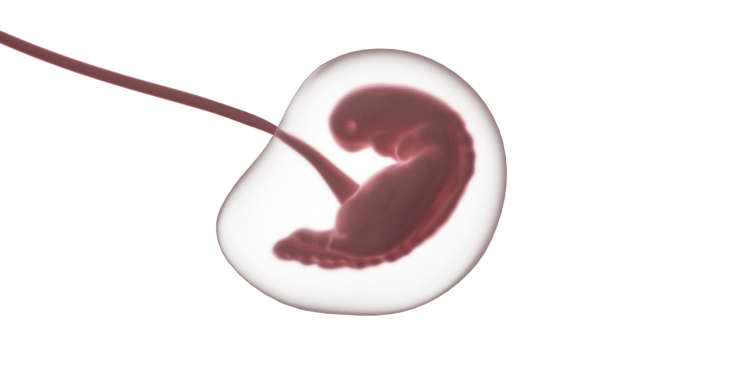
Embryo freezing is a process of storing embryos for future use by keeping them at freezing temperatures. Usually, it has a duration of ten years, but recently, the National Embryo Donation Centre (NEDC) thawed a frozen embryo kept for 27 years.
Molly Gibson was born in October 2020 and held the longest frozen embryo record. It proved that embryo freezing could last over a decade. Are you considering in vitro fertilization (IVF) through embryo freezing? Get to know the pros and cons of embryo freezing.
The Pros
Some clinical situations could benefit from freezing embryos rather than a fresh embryo transfer. A woman with a risk of ovarian hyperstimulation syndrome (OHSS) could have improved implantation when using a frozen embryo.
See also : Mental Health Disorders Detected Early in Pregnancy & Tips to Prevent Postpartum Depression
Couples who prefer to use embryo genetic testing are better off when freezing embryos to give more time for genetic testing. The following are some of the advantages of embryo freezing:
- Better implantation rates
- Higher birth weights
- Better live birth rates
- Lower ectopic pregnancy rates
- Lower miscarriage rates
According to "Shady Grove Fertility," frozen embryo transfer cycles would cost you less than fresh cycles. There is no need to retrieve egg, insemination, or embryo culture, so cost treatment is reduced.
See also : How Long Does It Take to Get Pregnant? What are Common Factors to Note When Trying to Conceive?
By freezing all embryos, you could also save yourself from the negative effect that elevated progesterone levels bring about during pregnancy. Sometimes, when there is a high progesterone level during ovarian stimulation, pregnancy rates are reduced because the endometrium becomes less receptive to embryo implantation.
As a result, your doctor may suggest you freeze your embryos as the process is linked to better outcomes.
The Cons
While there are many pros for freezing embryos, there are also things to consider that could happen with the process. Here are some common side effects of embryo freezing:
- Bleeding
- Bloating
- Cramping
- Feeling full
- Infection
- Overstimulation of ovaries
- Vaginal discharge changes
Who benefits from frozen embryos?
According to NEDC, the implantation of frozen embryos have a success rate of 25 to 30 percent. Couples who are unable to conceive could make use of embryo donations so they could become parents.
Women who need to undergo cancer treatments could use embryo freezing to still have babies after the therapy. Women who choose to secure their personal lives and jobs could freeze their embryos until they are ready to become parents.
Couples who have risks of passing genetic conditions to their offspring could undergo genetic testing with embryo freezing. The doctor will biopsy each embryo on days five and six to see if genetic mutations and medical conditions are present.
So, if you are planning on having your embryos frozen, take note of the pros and cons stated above before you decide if embryo freezing is the best for you.